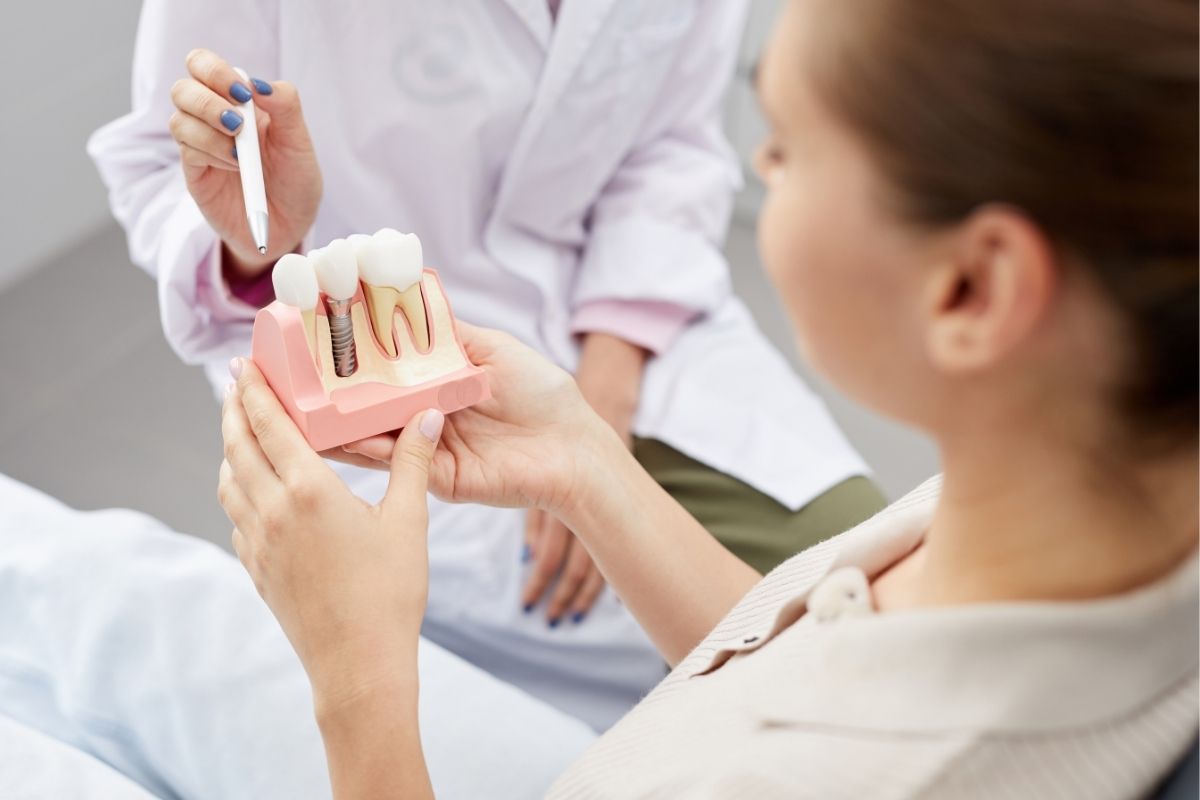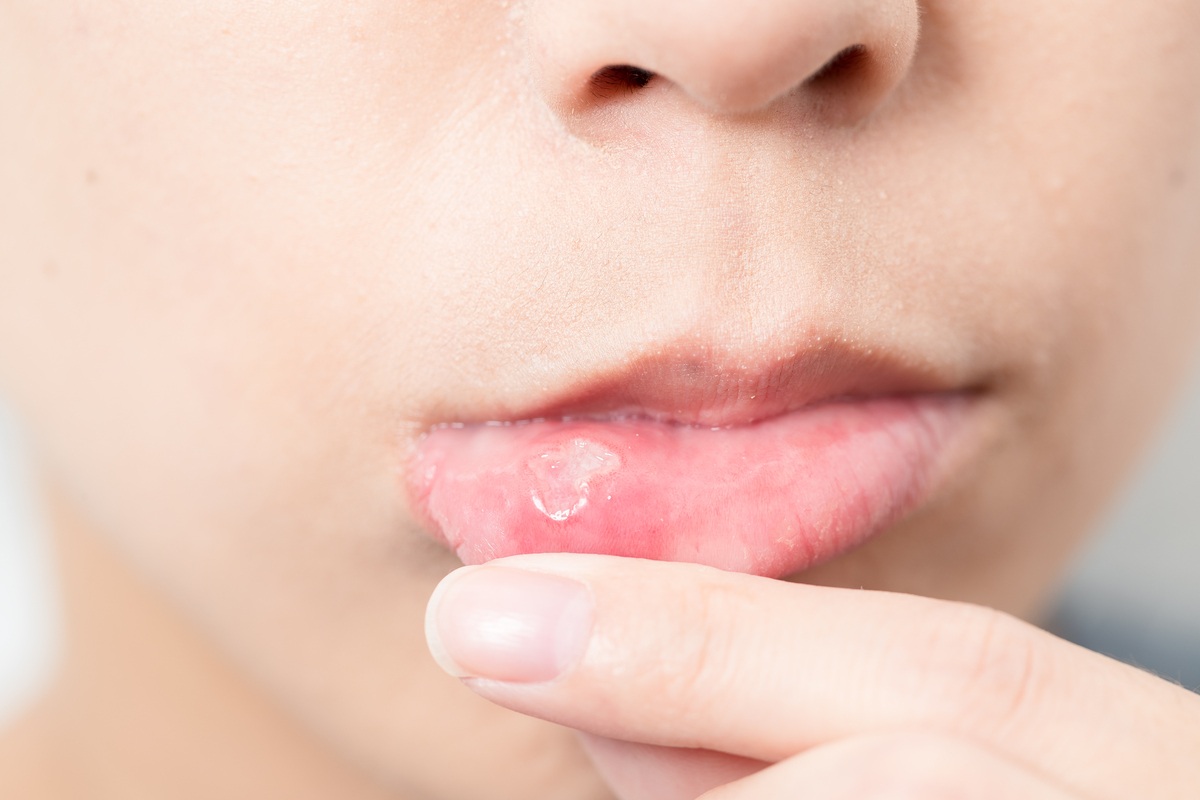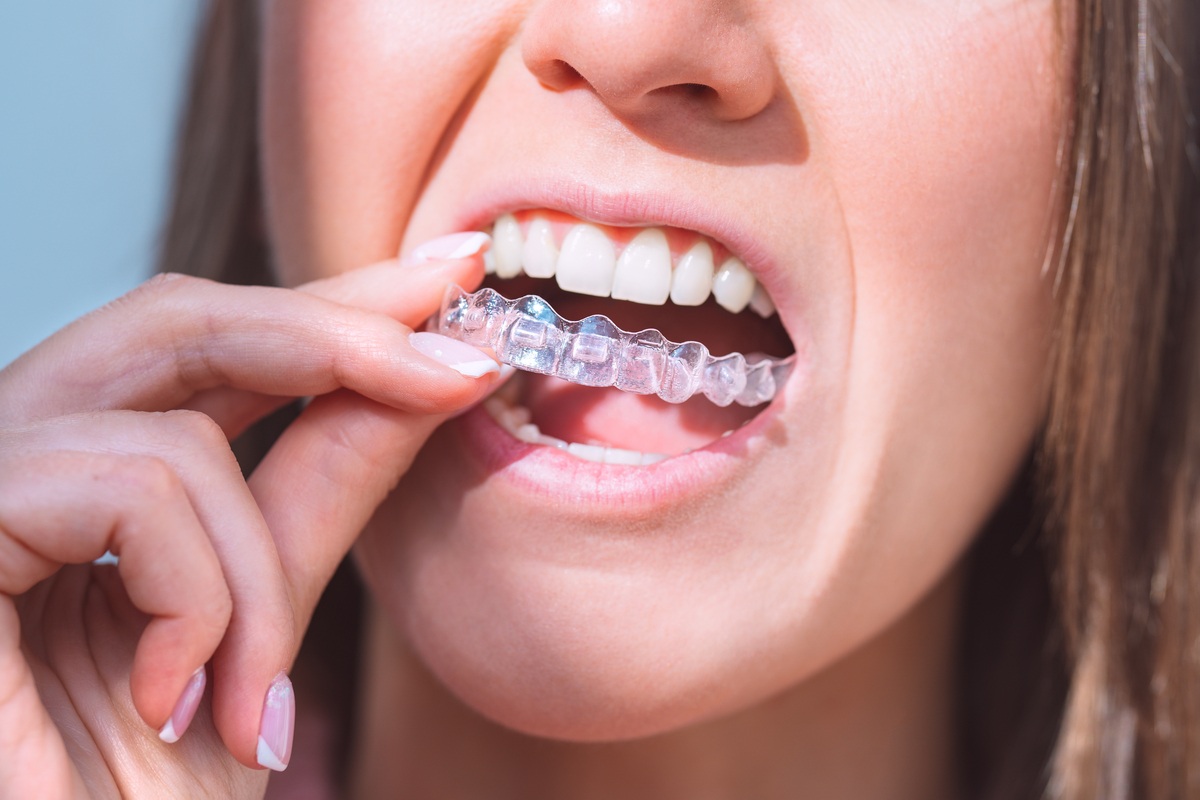Dental implants are an effective way to replace missing teeth, but mild pain or discomfort after the procedure is common during recovery. Managing this pain effectively is crucial for healing and comfort. Here’s a straightforward guide on how to relieve pain from a dental implant, what to expect, and when to seek professional care.
Understanding Post-Dental Implant Pain
Dental implant procedures have become a common and effective way to replace missing teeth. Understanding the dental implant healing stages helps patients anticipate the recovery process; despite the sophistication of the surgery, mild pain or discomfort may arise. However, the good news is that severe pain is not typical and can usually be managed with simple remedies.
What Does Normal Pain Feel Like?
You might notice a sense of pressure around the gums for the first two to three days after the procedure. This sensation stems from expanding the bone to accommodate the implant. Unlike tooth extractions, which can involve intense pulling, the placement of a dental implant primarily consists of creating space in the bone for the implant.
This mild pain or pressure is usually temporary and manageable with over-the-counter medications like acetaminophen (Tylenol). Most patients find the recovery less painful than they anticipated.
Causes of Pain After a Dental Implant Procedure
Bone Expansion
During the dental implant procedure, the bone is slightly expanded to allow for the implant’s placement. This expansion can cause soreness in the area, which is usually short-lived. It’s part of the natural healing process, and your body adjusts to the implant as the bone integrates around it.
Persistent or Severe Pain
While mild discomfort is common, persistent or worsening pain could indicate a complication. If pain persists beyond three days, it might be due to:
- Improper healing: The implant may not integrate with the bone as expected.
- Infection: Swelling, redness, or pain that increases over time could signal an infection at the implant site.
- Pressure from adjacent structures: If the implant is improperly placed, it might put undue stress on surrounding tissues.
How to Relieve Pain from Dental Implants
Over-the-Counter Pain Relief
For most patients, standard pain relievers like ibuprofen or acetaminophen are enough to manage post-procedure discomfort. These medications reduce both pain and inflammation, promoting faster recovery.
Apply a Cold Compress
Applying a cold compress to the cheek near the implant site can help if swelling accompanies your pain. Do this in 15-minute intervals for the first 24-48 hours.
Stick to a Soft Diet
Eating soft foods prevents unnecessary pressure on the implant. Opt for foods like mashed potatoes, yogurt, or soups during the first few days. Avoid hard, crunchy, or sticky foods that could irritate the surgical site.
Maintain Proper Oral Hygiene
Gently clean your teeth and the area around the implant with a soft toothbrush. Avoid mouthwash for the first 24 hours, and follow your dentist’s instructions for rinsing with a saline solution.
Stay Alert to Warning Signs
If the pain worsens or doesn’t improve after 2-3 days, contact your dentist immediately. Lingering pain could indicate an underlying issue, such as infection or improper placement. Addressing these concerns promptly is essential for the implant’s success and your long-term comfort.
When to Seek Professional Help
Pain that doesn’t subside after a few days is abnormal and should not be ignored. Delaying treatment could lead to implant failure or other complications. Call your dentist if you notice:
- Persistent or increasing pain
- Swelling, redness, or warmth at the implant site
- Foul-tasting drainage or pus
- Fever or chills
A quick evaluation, a key part of comprehensive dental implant care, can identify any underlying issues. This allows your dental professional to take corrective action and ensure the implant’s longevity.
Final Thoughts

Managing discomfort after a dental implant is straightforward when you know what to expect. Mild pain and pressure are normal for a few days, but these symptoms should subside quickly. Using over-the-counter pain relief, maintaining good hygiene, and sticking to a soft diet can significantly improve your recovery.
If pain persists or worsens, contacting your dentist promptly can make all the difference in achieving a successful outcome. Remember, early intervention is the key to ensuring your dental implant provides a lifetime of benefits. If you’re experiencing pain or have concerns about your dental implants, contact Indian Trail Dental Studio today for expert care and guidance.



